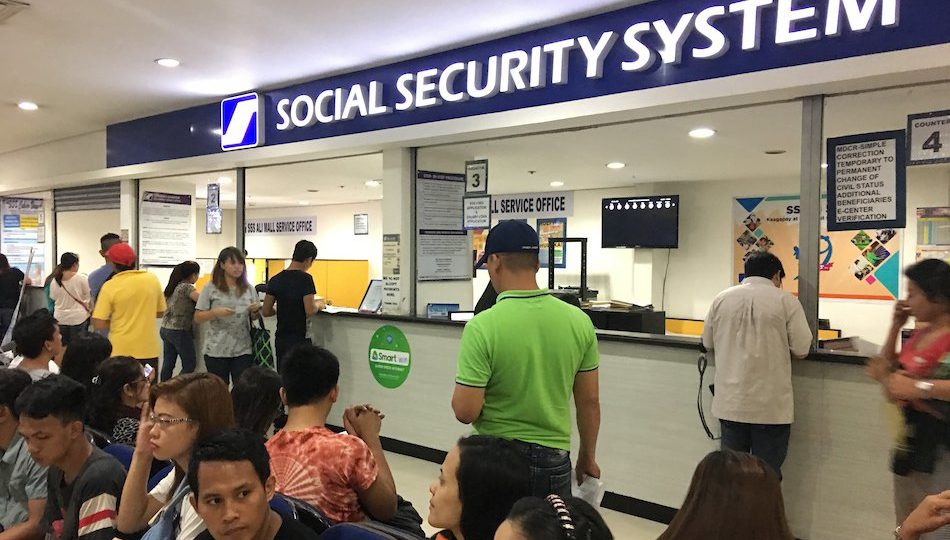The Philippines has one of the worst retirement systems in the world, according to an Australian-backed pension index that was released yesterday.
The 2019 Melbourne Mercer Global Pension Index gave the country an index score of 43.7 — rounded off to 44 (out of 100) in the table below — placing the Philippines 33rd out of 36 countries, just ahead of Turkey, Argentina, and Thailand.
The Netherlands topped the index with a score of 81, followed closely by Denmark and Australia.
“By benchmarking global retirement income systems, the Melbourne Mercer Global Pension Index can help both the public and private sectors in the Philippines understand how they can improve the country’s retirement system and generate better outcomes for retirees,” Harold Tan, Wealth Leader at Mercer Philippines, said in a statement released alongside the study, which has been analyzing data on pension systems in countries where Mercer operates for the last 11 years.
This year marks the first time the Philippines was included in the index, which annually measures retirement systems based on sustainability, adequacy, and integrity.
“Adequacy” (in which the Philippines scored 39) considers the range of income earners and the overall efficacy of the pension system, while “integrity” takes into account regulation and governance, operating costs, and protection for pension members. With a score of 34.7, the Philippines was at the very bottom of the “integrity” sub-index.
The country’s “sustainability” score, meanwhile (at 55.5) places the Philippines in that sub-index’s top 15. The sustainability sub-index considers the length of expected retirement, labor force participation rate in the older population, and the current level of government debt.
“Based on its results and ranking in its first inclusion in the Index, the Philippines can consider increasing the minimum level of support for the poorest aged individuals and widening coverage of employees,” Tan said. “It can also look into setting aside funds in the public system for the future and introducing options for retirement plan proceeds to be preserved for retirement purposes.”
According to Mercer’s Dr. David Knox, the author of the study, “Systems around the world are facing unprecedented life expectancy and rising pressure on public resources to support the health and welfare of older citizens. It’s imperative that policy makers reflect on the strengths and weaknesses of their systems to ensure stronger long-term outcomes for the retirees of the future.”
According to recent studies reported by Rappler, the Philippines is transitioning into a slowly ageing society, which means that by 2032, people aged 65 and older will make up at least 7 percent of the country’s population, with that number doubling by 2069.
Find all episodes of The Coconuts Podcast





Reader Interactions